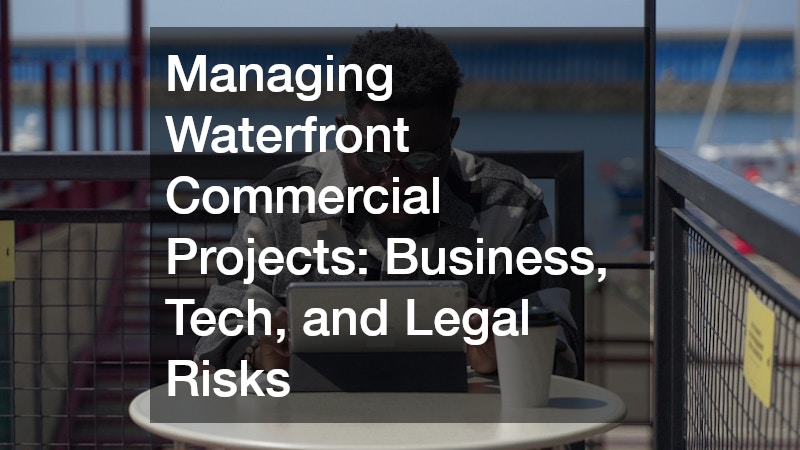- Inflation is an economic term that refers to sustained price increases, posing business risks.
- Rise in input costs can lead to increased prices and reduced profits.
- Consumer purchasing power is weakened with inflation, reducing spending on goods and services.
- Financial instability caused by inflation can reduce credit availability and increase interest rates.
- Difficulty predicting future financial performance makes it hard for businesses to plan and stay competitive.
As a business owner or entrepreneur, you must know the risks inflation can pose to your business. Inflation can be a significant threat to your business’s stability, efficiency, and profitability, leading to higher operating costs, reduced consumer purchasing power, and weakening your competitive edge in the market. Inflation can create a ripple effect across the business world, so realizing its causes, effects, and the right investments to combat it is essential for your business’ survival.
What is Inflation?
Inflation is an economic term that refers to the sustained rise in the overall prices of goods and services, typically measured by a consumer price index. Inflation can positively and negatively affect businesses, depending on how well prepared they are for it.
Rise in Input Costs
Inflation increases the prices of goods and services, including raw materials, energy, labor, and transport costs, which burden businesses that rely on these inputs to create their final product or service.
As these input costs rise, businesses might be forced to increase their prices, but doing so could leave them less competitive and harm their business bottom line. Therefore, paying close attention to input costs and finding ways to manage them effectively to avoid hurting your overall operating costs and profitability is essential.

Reduced Consumer Purchasing Power
Inflation can make consumers experience a reduction in their purchasing power, meaning the number of goods and services they can buy with their money falls. This situation will likely make consumers more selective about where they spend their money, looking for lower-priced alternatives or reducing the frequency of their purchases.
This decline in consumer spending can cascade to the business revenue, especially if the business’s products or services are perceived as ‘luxury’ or not essential. Therefore, businesses should monitor changes in consumer behavior and adjust their marketing strategies accordingly to stay competitive in the marketplace.
Financial Instability
Inflation can lead to economic instability, which can increase the likelihood of investor panic, reduced credit availability, and increased interest rates, all of which can make it challenging for businesses to finance their operations, expand or make investments for future growth. Therefore, businesses must seek stable funding sources and manage their finances wisely to withstand any economic headwinds created by inflation.
Difficulty in Planning Future Financial Performance
Inflation can make it difficult for businesses to accurately predict and plan for their future financial performance, leading to uncertainty and risk. As prices increase or decrease unpredictably, businesses may struggle to determine the best prices or budgets to set for the future, leading to lower profits or investments. Therefore, it’s essential to observe inflation trends, work with economic forecasts and listen to the experts to ensure that the business stays well-prepared for future economic risks.
Competition from More Inflation-Resistant Businesses
Inflation can reward businesses that are capable of weathering economic risks and adapting to changes in the market. These businesses may have planned for inflation or have developed strategies for managing their costs, pricing, and assets more effectively, creating a more durable business model than their competitors.
These businesses may leverage their newfound resilience and gain a competitive advantage over smaller or less inflation-resistant businesses. Therefore, evaluating the competition and finding ways to be more efficient, optimize costs, and innovate to stay ahead of the game is essential.
Best Investments Against Inflation
If you want your business to survive inflation, it’s essential to make the right investments to safeguard your business from economic volatility. Here are some of those investments:

Commercial Properties
It’s always good to put money into your office or other commercial properties, as they will help protect your business from inflation-induced property price increases. However, don’t forget to get insurance for these properties. Affordable commercial property insurance can help you avoid costs from natural disasters. It can ensure you get a lot more from your properties over time.
Stocks and Bonds
Investing in stocks and bonds can also serve as a hedge against inflation, as they often perform better during inflationary times than other investments like cash or gold. Stocks may appreciate offsetting the rising costs of goods, while bond yields tend to rise during inflation, creating a more stable return for investors.
Commodities
Commodities can be a great option when it comes to shielding your business from the effects of inflation. Commodities like oil and gas are often seen as safe havens to protect against rising prices, as they generally increase in value during periods of inflation. However, be sure to diversify your investments and do your research before investing in commodities.
Inflation can be a tricky beast to manage, but by making the right investments and understanding its causes and effects, you can ensure your business is well-equipped to withstand any economic volatility. With the right strategy in place, your business can grow and remain profitable despite the threat of inflation.










